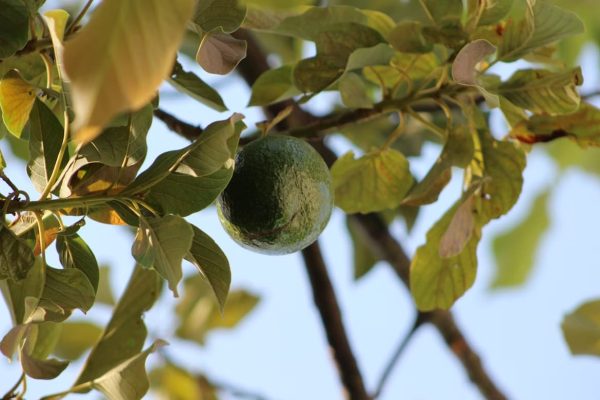
Why we removed the avocado trees from our farm in Coín, Málaga
We examine the consequences of intensive avocado farming in Málaga and how, at todobarro, we are taking responsibility for our environmental impact
Many of us in mainland Spain first encountered avocados in a Christmas shrimp salad. In the 1980s, this fruit would occasionally grace our tables, imported from Latin America or the Canary Islands, where it had been cultivated on a small scale for centuries.
However, around 2010 everything changed dramatically starting: suddenly, everyone wanted to eat those appealing, healthy green fruits seen in beautifully photographed breakfasts, lunches, and dinners on social media. The viral trend, which began in the United States, had already started to take off in Europe, where demand was rising for what many labeled a “superfood” due to its nutritional properties.
Farmers took notice, and after the 2008 financial crisis, many landowners in Málaga and Granada—including the family of our founder, Pedro Rosa—sought more profitable alternatives to traditional crops. They replaced olive, almond, walnut, and citrus trees with mangoes and avocados, transforming hectare after hectare of dry farmland into irrigated plantations.
But they weren’t the only ones: investment funds, aware of the opportunity, also entered the business. These investors displaced small family farms and promoted a hyper-intensive, mechanized, and often exploitative farming model.
The water cost of avocados in Málaga
Avocados had already started to be cultivated in Málaga in the mid-20th century, albeit on a small scale—nothing like the boom that came later. The province’s subtropical, frost-free microclimate made it ideal for growing avocados. The problem, however, is that this fruit comes from Mexico and Guatemala, regions with significantly more rainfall than Málaga.
To produce 100 grams of avocado—a tropical crop—requires 160 liters of water. In contrast, producing 100 grams of olives—a Mediterranean crop—requires only 0.5 liters. This wasn’t fully considered by many of the early growers, who assumed avocados would require about the same irrigation as citrus trees.
The reality, however, was quite different: the avocado’s high water needs, combined with the frequent droughts in the province, led to the digging of numerous illegal wells, seriously jeopardizing the area’s water sustainability. It is estimated that in the Axarquía region alone, between 30% and 40% of irrigated land may be illegally watered.
Beyond water scarcity: deforestation and loss of biodiversity
As serious as aquifer overexploitation is—and it has been repeatedly denounced by organizations like Ecologistas en Acción and Greenpeace, and even investigated by the SEPRONA (Nature Protection Service of the Civil Guard) and the Environmental Prosecutor’s Office—it is not the only problem associated with avocado farming in Málaga.
Preparing land to grow this foreign fruit requires deforestation—completely clearing existing Mediterranean crops—and massive earth movement. This leads to erosion and loss of soil minerals, degrading its quality and increasing the need for fertilizers and pesticides. It also wipes out native vegetation, destroying essential habitats for many local species and thus reducing biodiversity.
Despite repeated warnings from environmental and social organizations about the environmental impact and water crisis caused by intensive avocado farming in Málaga, the practice continues on a massive scale. In fact, due to its high profitability, it keeps expanding across the province and into other parts of Andalusia and the Valencia region.
How can we address the problems caused by avocado farming in Málaga?
The situation is complex. As consumers, we can only try to minimize our avocado consumption and choose those that come from sustainable sources. As a company, however, todobarro has taken it a step further: we’ve decided to replace the avocado trees on our founder’s family farm with Mediterranean species (myrtle, carob, holm oak, laurel, mastic, boxwood…), creating an Alboranic biodiversity island and testing how it performs.
These selected plants are perfectly adapted to the local climate, needing almost no care or irrigation. They also create microhabitats that support pollinating insects, birds, and small local mammals, promoting a more balanced native ecosystem.
Moreover, the roots of these species help prevent soil erosion and contribute to maintaining soil fertility. Unlike avocado monocultures, they do not deplete the soil—in fact, quite the opposite. All of this reduces the system’s vulnerability to pests, disease, and climate change, increases the resilience of the Mediterranean landscape, and helps restore the natural and cultural richness of our region—one of todobarro’s fundamental goals.
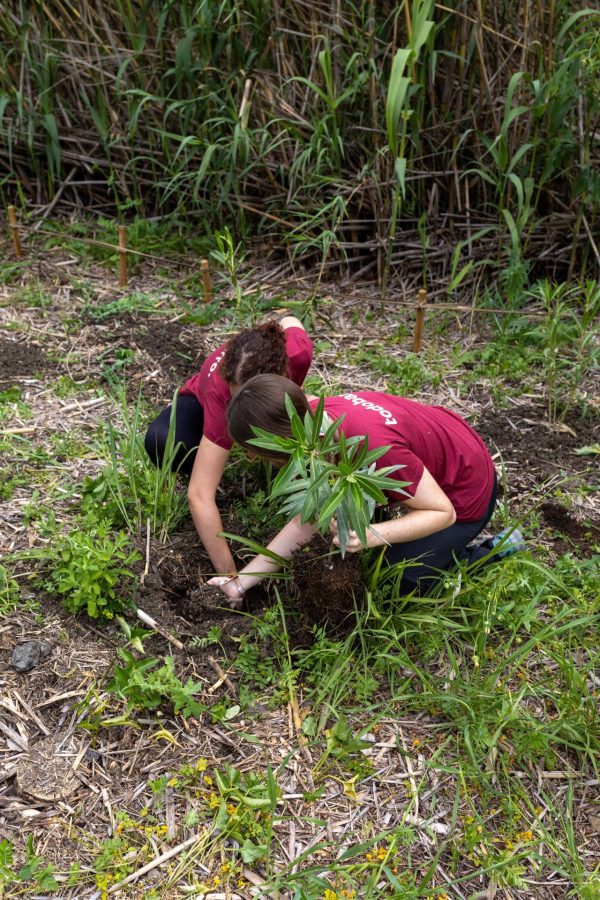
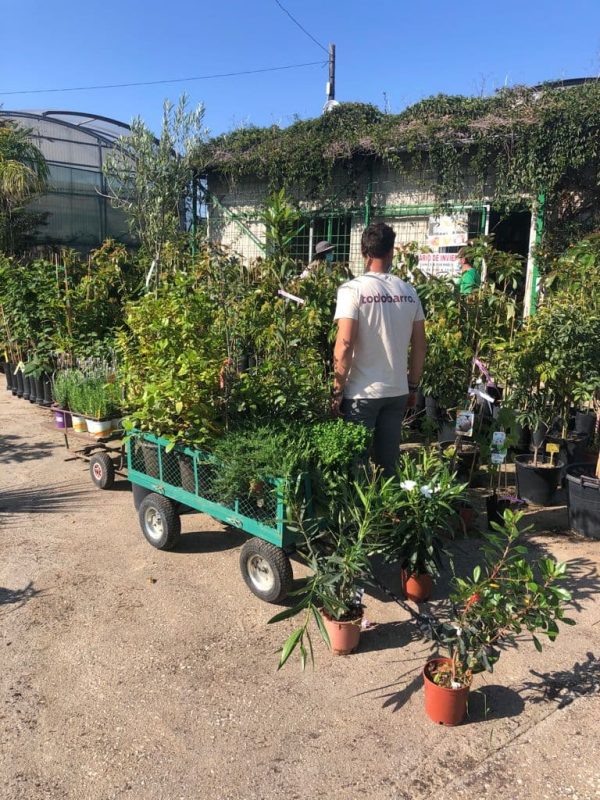
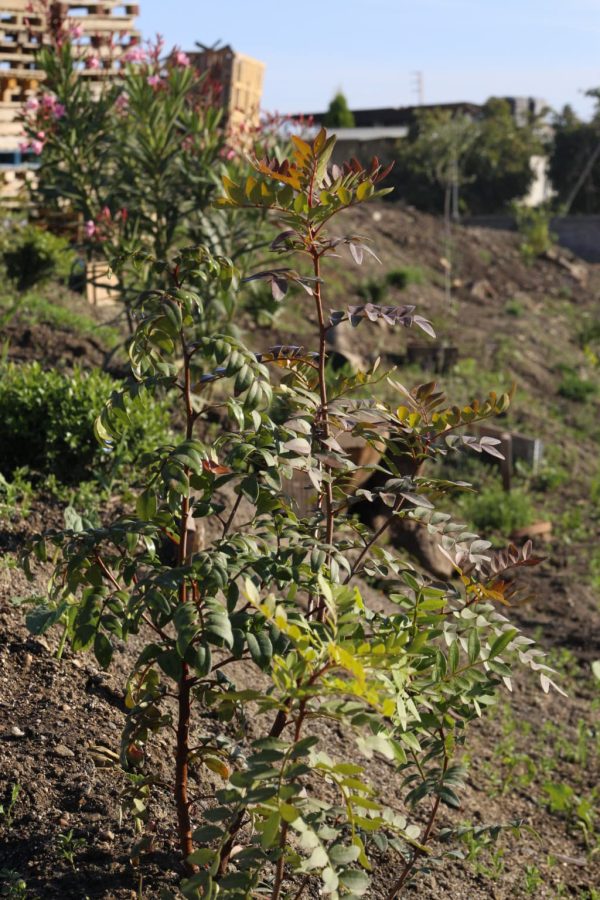
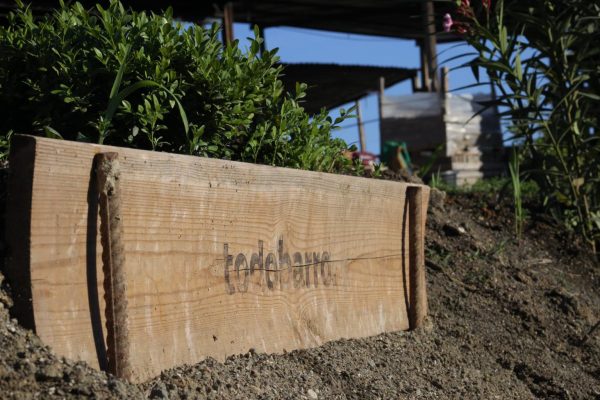
Top stories
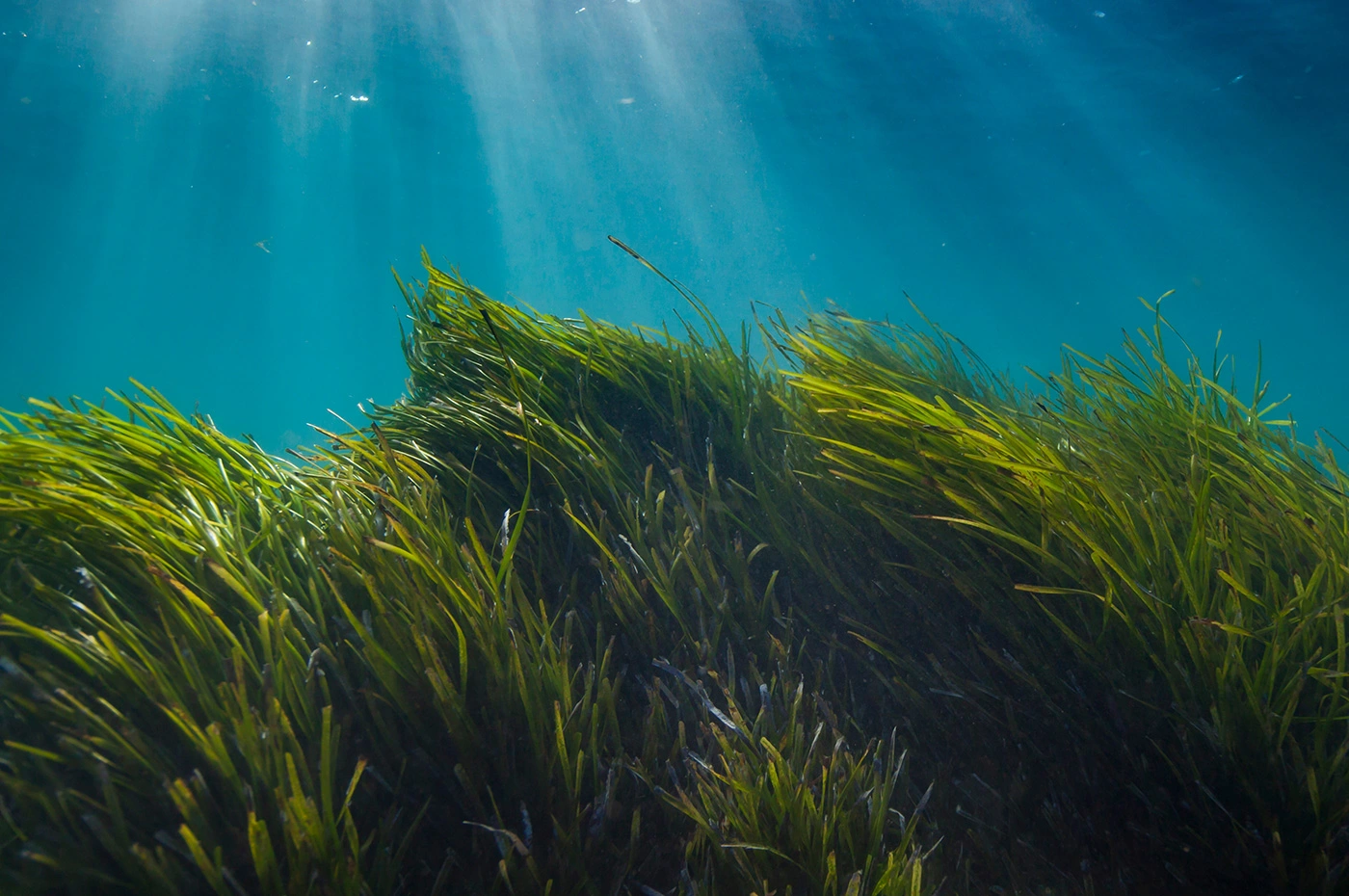
What is the Nature Restoration Law?
The Nature Restoration Law is a European regulation approved in 2024, aiming to ensure the necessary actions and initiatives to repair damaged ecosystems and…
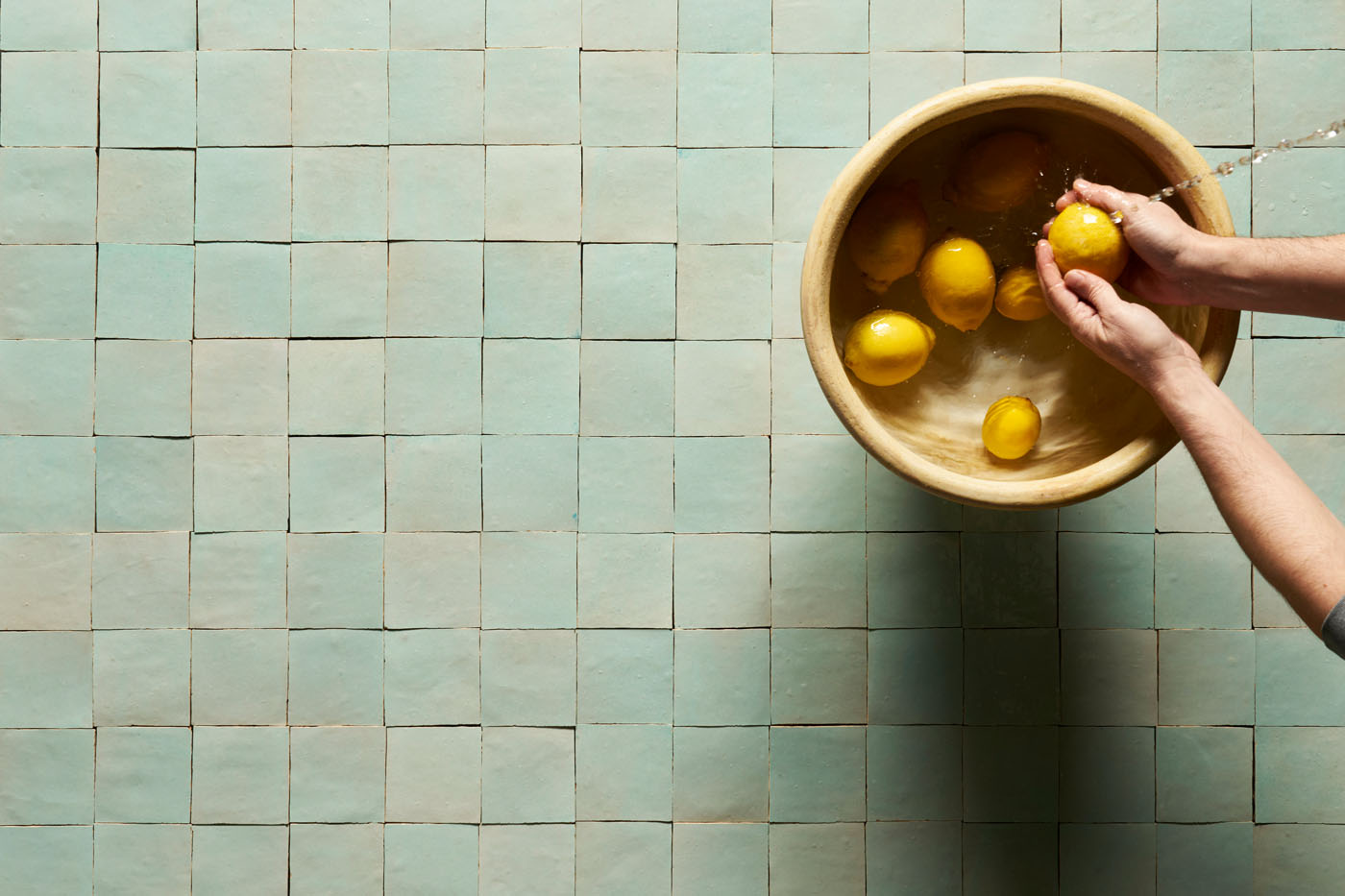
Acequias or irrigation ditches: an ancient knowledge making its comeback
“Acequias” (ditches) are one of the oldest existing systems of channeling and use of water. In the Iberian Peninsula we know them well: the…
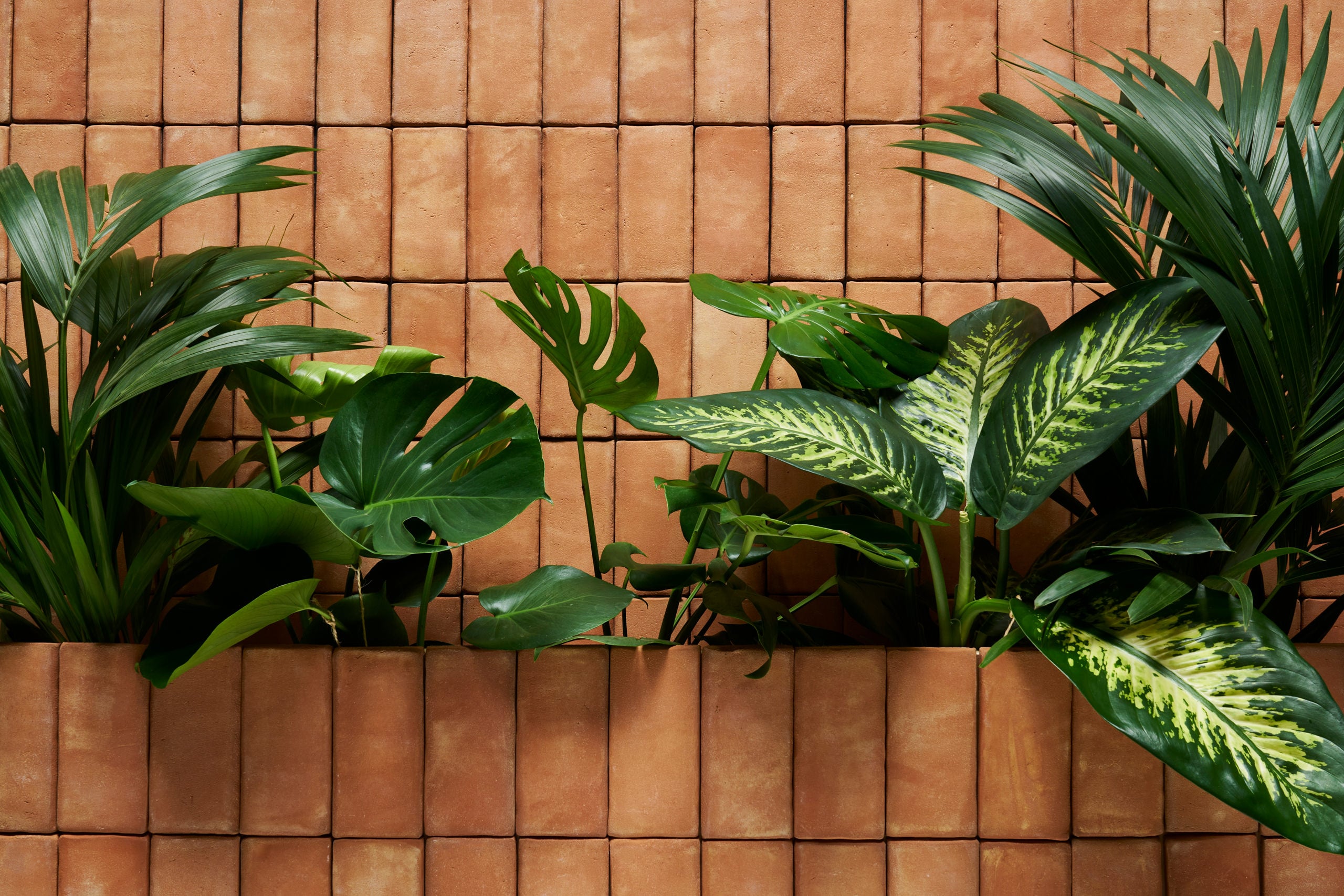
What is a compensatory measure?
By definition, a compensatory measure is an action aimed to restore or repair de negative environmental impact of any give activity -usually of a…
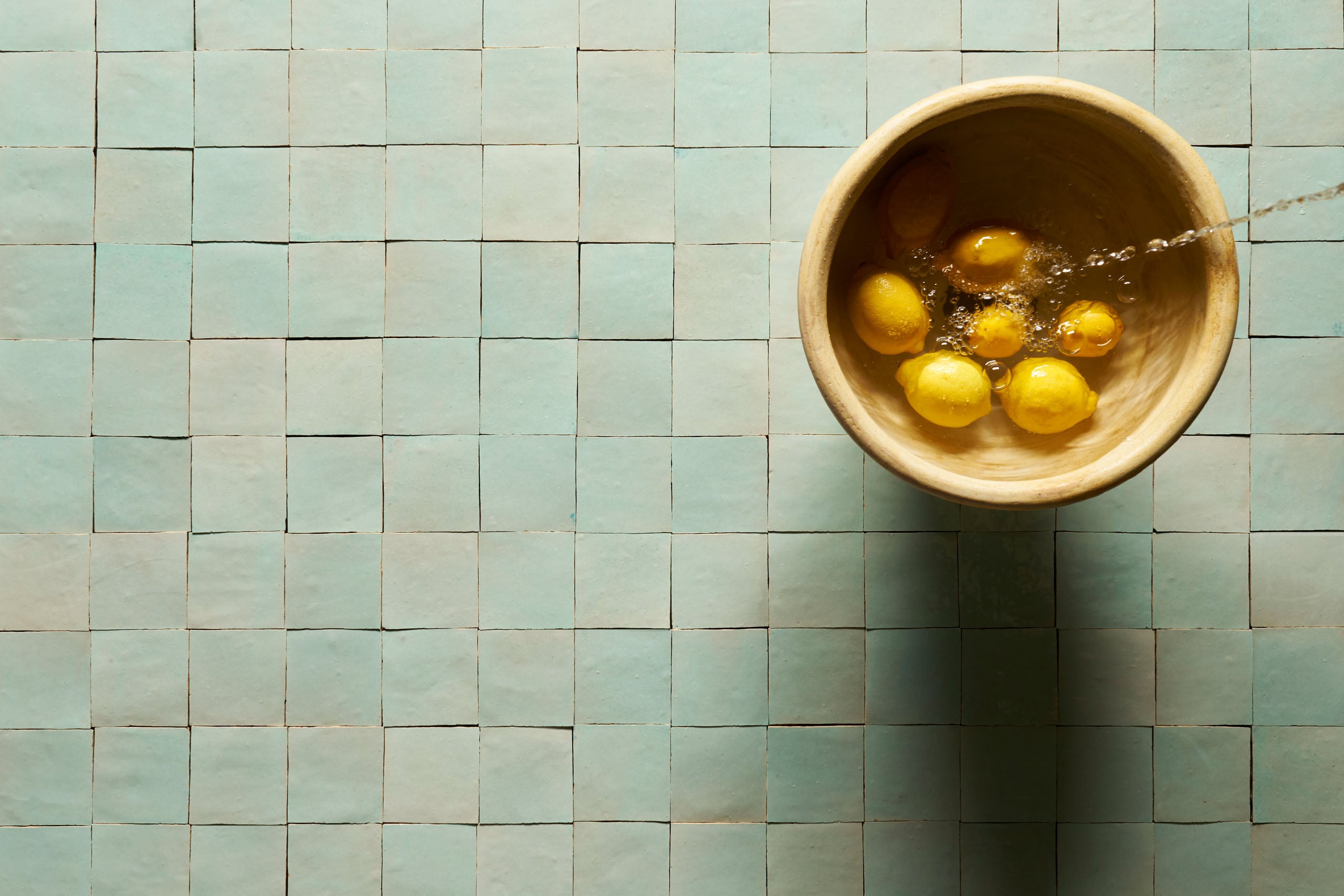
What are Zellige tiles?
The word zellige means ‘polished stone’ in Arabic. It refers to a type of traditional tile and mosaic technique characteristic of Morocco and the…



